Mind and Body Harmony: A Journey through Integrative Neurology and Medicine
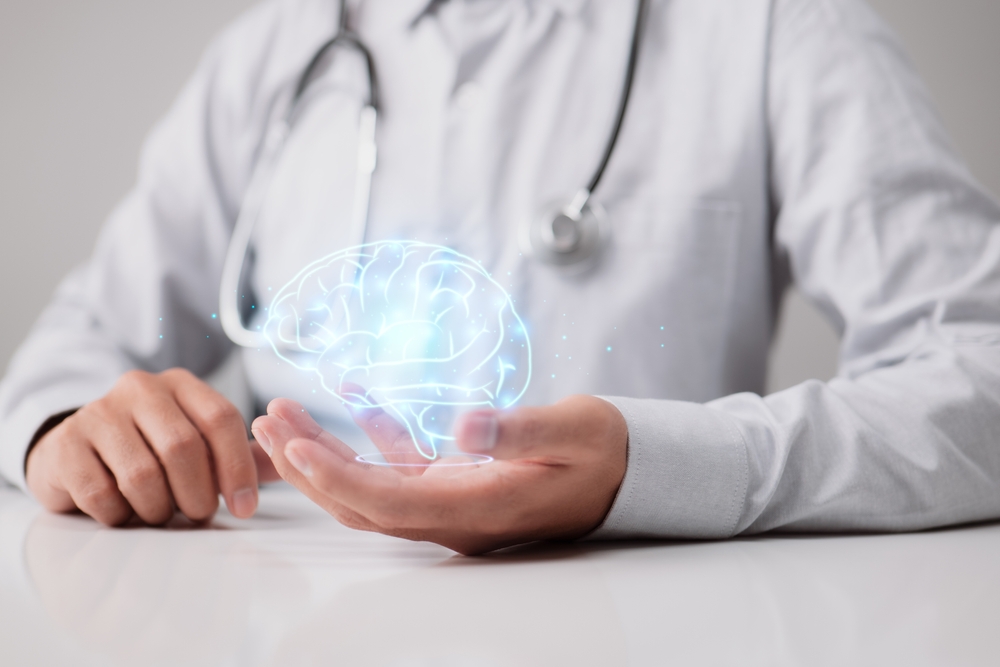
In a world increasingly oriented towards fragmented views of health, understanding the interconnectedness of our mind and body offers refreshing insights. This intimate connection, as seen through the lens of integrative neurology and medicine, promises a holistic path to wellness. Let’s delve deep into this fascinating journey.
Exploring the Mind-Body Connection
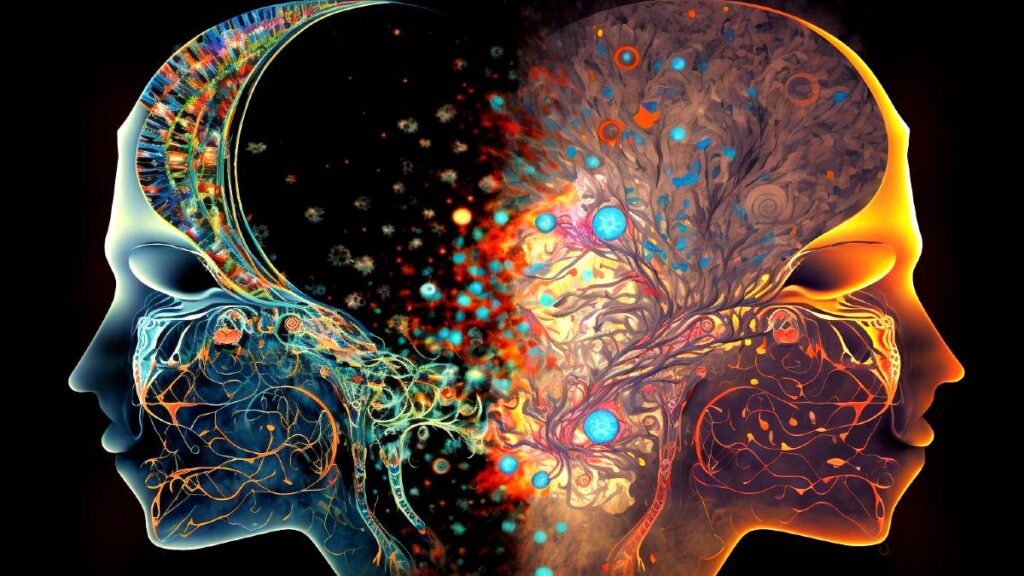
From early philosophical contemplations to modern science, the relationship between our cognitive processes and physical health has always been a subject of curiosity. For centuries, diverse cultures believed in this intrinsic bond, shaping various healing practices around it. Modern science now echoes these ancient beliefs, confirming that our thoughts, emotions, and beliefs can profoundly influence our physical health. Stress, for instance, is not just a psychological concept; it triggers tangible biochemical changes, impacting our overall well-being.
Emotions like joy, sorrow, and anger aren’t merely mental states. They incite real physiological responses: quickened heartbeats, changes in blood pressure, or hormonal fluctuations. By recognizing this symbiotic relationship, one can begin to harness the power of the mind to promote healing, optimize health, and prevent disease. Therefore, it is easy to see just how important integrative medicine really is.
Foundations of Integrative Neurology
Integrative neurology isn’t just about treating neurological conditions. Instead, it’s an approach that seeks to combine the best of conventional neurology with complementary therapies. By focusing on the patient as a whole, this method aims to address underlying causes rather than just the symptoms. This paradigm shift acknowledges that neurological health isn’t isolated but intertwined with every other system in our body.
The body’s various systems don’t function in silos. When one falls out of balance, others can be impacted. For example, gastrointestinal health can influence neurological conditions, showcasing the necessity for integrative care. As this understanding deepens, medical professionals increasingly embrace multidisciplinary approaches, recognizing that true healing often necessitates a combination of interventions.
Holistic Approaches to Brain Health
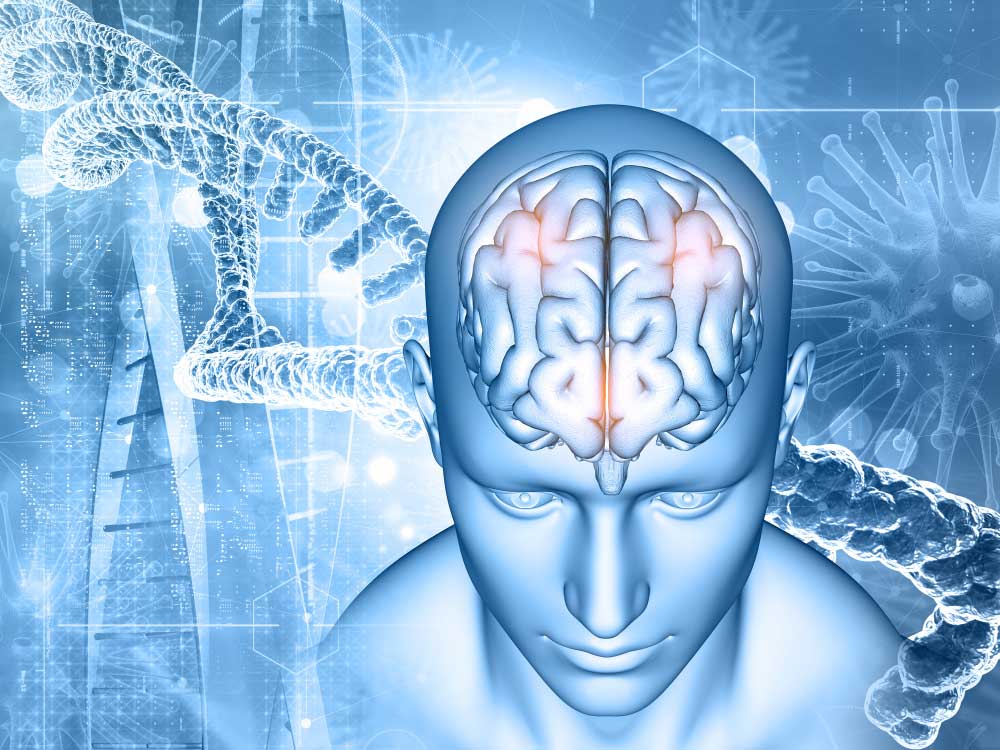
Our brains aren’t solitary organs, operating detached from the rest of our physiology. The health of our central nervous system can influence and be influenced by multiple factors, including diet, exercise, sleep, and emotional health. Embracing this understanding, many practitioners now advocate for holistic strategies, aimed at nurturing every facet of our well-being.
The notion that ‘brain health’ extends beyond merely preventing neurological diseases is gaining traction. Nurturing our brains encompasses practices promoting mental clarity, emotional balance, and cognitive agility. It’s not about reactive treatments but proactive care, ensuring optimal brain function throughout life.
Neurological Benefits of Mindfulness and Meditation
As science unravels the mysteries of the brain, the benefits of practices like mindfulness and meditation become increasingly evident. These ancient techniques, once relegated to spiritual domains, are now recognized for their tangible neurological benefits. Regular practice can enhance attention, reduce stress, and even alter the brain’s structure, promoting resilience and adaptability.
Beyond these tangible benefits, engaging in mindfulness and meditation aids in building a profound connection between mind and body. By fostering awareness of one’s own thoughts and bodily sensations, individuals can tap into a deep reservoir of inner calm and balance, positively influencing neurological health.
Nutritional Support for Cognitive Function

Our dietary choices don’t merely affect our waistlines; they play a pivotal role in cognitive function and neurological health. Omega-3 fatty acids, antioxidants, and vitamins, among other nutrients, are essential for brain health. Consuming a balanced diet rich in these elements can combat cognitive decline and enhance mental agility.
Brain-boosting foods like blueberries, walnuts, and turmeric not only provide essential nutrients but also offer compounds that combat inflammation and oxidative stress, both detrimental to brain health. Embracing a nutrient-rich diet, therefore, isn’t just about bodily health but is crucial for maintaining a sharp, agile mind.
Yoga and Movement Therapies for Brain Wellness
Physical activity extends its influence well beyond muscle tone and cardiovascular health. Practices like yoga, tai chi, and other movement therapies have profound implications for the brain. Engaging in these practices can enhance cognitive function, improve emotional balance, and even stimulate the growth of new neural connections.
The physical postures, combined with deep breathing and meditation in practices like yoga, create a trifecta of benefits for the brain. The fusion of movement, breath, and focus can elevate mood, sharpen concentration, and fortify the brain against age-related decline.
Integrating Traditional Medicine with Neurology

Around the globe, indigenous cultures have relied on traditional medicine for millennia. Modern neurology, in its wisdom, is beginning to integrate these ancient practices. Traditional Chinese Medicine, Ayurveda, and other systems offer unique insights and treatments that can complement contemporary approaches to neurological care.
These traditional systems often emphasize balance and harmony, not just within the body but with one’s environment. By integrating these age-old principles with modern neurology, practitioners can offer a more rounded, holistic approach to care, emphasizing both prevention and cure.
Psychoneuroimmunology: The Interaction of Mind, Nervous System, and Immunity
Psychoneuroimmunology, a relatively new field, explores the interplay between one’s mental state, nervous system, and immune responses. Emotions, thoughts, and beliefs, it seems, can directly impact immune function. Prolonged stress or emotional trauma, for instance, can weaken immunity, rendering one susceptible to illnesses.
This intricate dance between the psyche, nervous system, and immunity offers profound insights into holistic health. By nurturing a positive mindset and emotional well-being, one can bolster their immune system, underscoring the deeply intertwined nature of mind and body.
Neuroplasticity and Its Implications for Healing
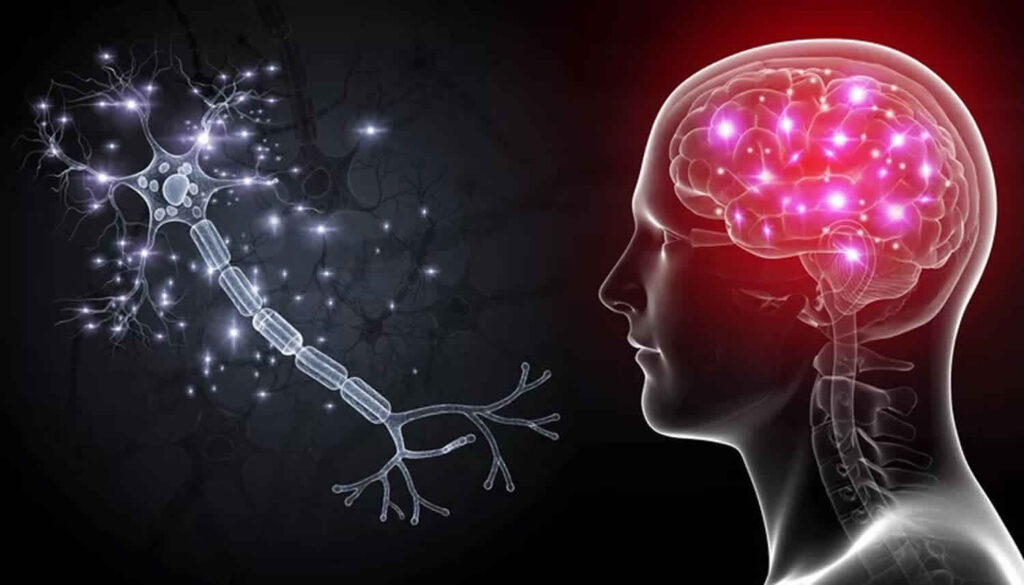
The once-held belief that the adult brain is static has been overturned by discoveries in neuroplasticity. Our brains, it appears, are malleable, constantly adapting and evolving in response to experiences. This adaptability offers immense hope for recovery, even after significant trauma or injury.
Harnessing the power of neuroplasticity means that with the right interventions, whether physical exercises, cognitive tasks, or specific therapies, significant recovery and enhancement of brain function is possible. This revelation underscores the boundless potential of the human brain and its inherent ability to heal and adapt.
Addressing Chronic Pain through Integrative Practices
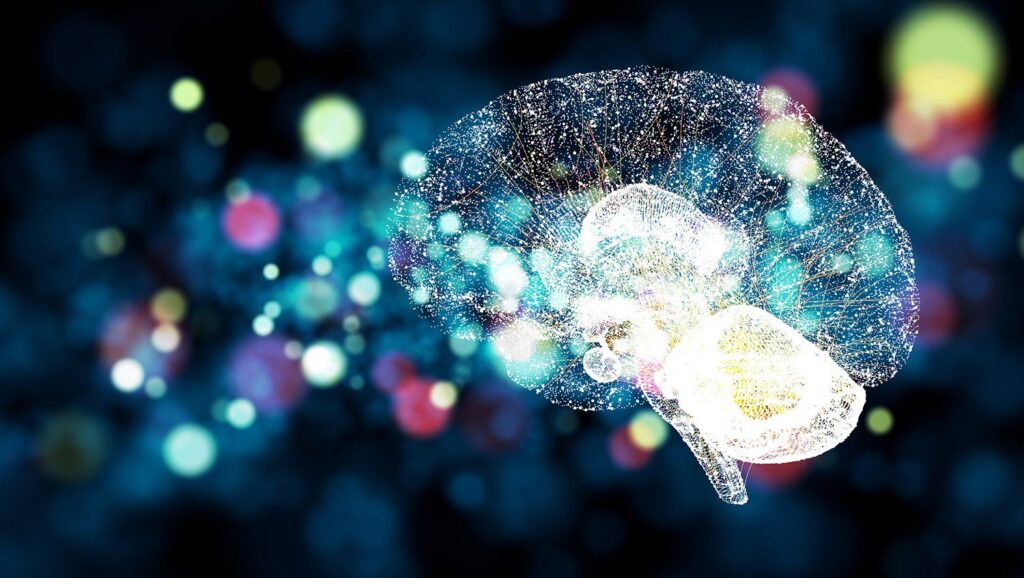
Chronic pain isn’t merely a physical affliction. It encompasses a complex web of emotional, cognitive, and neurological components. Recognizing this complexity, integrative practices aim to address not just the symptom but the root cause. Techniques ranging from acupuncture to biofeedback, combined with conventional treatments, offer holistic solutions to those battling persistent pain.
Pain, as we understand it now, is intricately linked to our emotional and cognitive states. Hence, an integrative approach, which takes into account these interconnections, offers the best pathway for relief and healing. By embracing both conventional and alternative modalities, individuals can find sustainable relief from chronic pain.
Final Thoughts
The journey through integrative neurology and medicine unveils the profound connections between our thoughts, emotions, and physical health. In recognizing and nurturing this interconnectedness, we stand at the threshold of a new era in healthcare: one that promotes true holistic well-being. As we continue to integrate ancient wisdom with modern science, the path to mind and body harmony becomes ever clearer.




